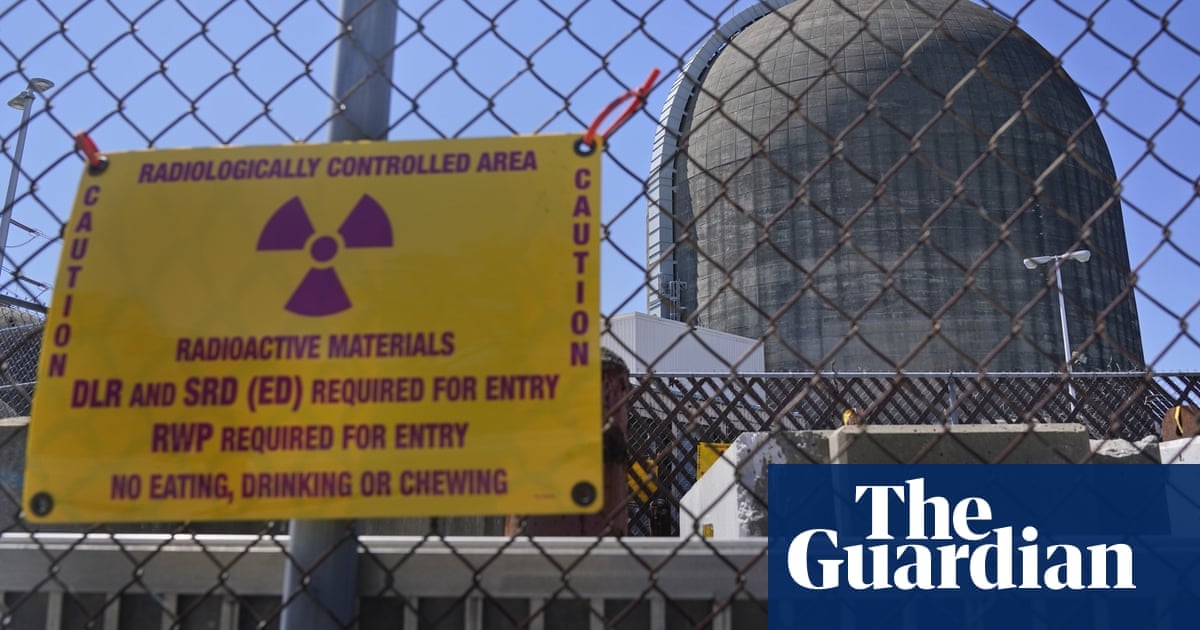Shuttering of New York facility raises awkward climate crisis questions as gas – not renewables – fills gap in power generation
When New York’s deteriorating and unloved Indian Point nuclear plant finally shuttered in 2021, its demise was met with delight from environmentalists who had long demanded it be scrapped.
But there has been a sting in the tail – since the closure, New York’s greenhouse gas emissions have gone up.
Castigated for its impact upon the surrounding environment and feared for its potential to unleash disaster close to the heart of New York City, Indian Point nevertheless supplied a large chunk of the state’s carbon-free electricity.
Since the plant’s closure, it has been gas, rather then clean energy such as solar and wind, that has filled the void, leaving New York City in the embarrassing situation of seeing its planet-heating emissions jump in recent years to the point its power grid is now dirtier than Texas’s, as well as the US average.



Of course. The problem with waste is still there and you can also replace Nuclear with renewables, like Germany did. Nuclear shut down, coal also 20 % down, renewables on record heights.
Nuclear waste is no where near the problem propagandist make it out to be. And Germany shutting down nuclear plants is not the benefit you think it is. They might be using less coal (all the 2023 stats I’ve seen do not reflect that) but they are still using oil and gas and their energy imports of fossil fuels went up in '23. Shutting down nuclear plants has caused them to become less energy green, not more.